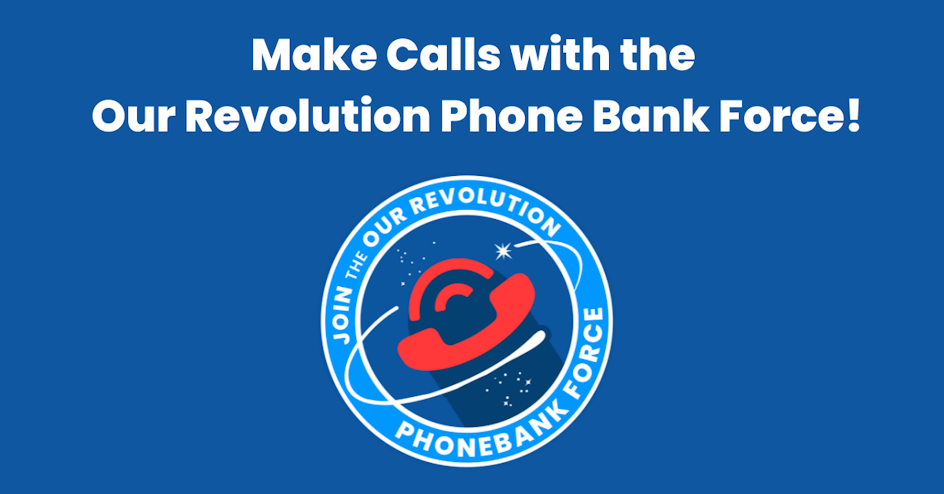California enacts strongest net neutrality protections in the country as Trump administration files suit
By JAZMINE ULLOA (LATimes.com) SEP 30, 2018 | 7:10 PM | SACRAMENTO Assemblyman Miguel Santiago (D-Los Angeles), left, stands on a chair as he celebrates the passage of the net neutrality bill he co-authored with state Sen. Scott Wiener (D-San Francisco), second from left. (Rich Pedroncelli / Associated Press) Gov. Jerry Brown on Sunday restored… Continue reading





